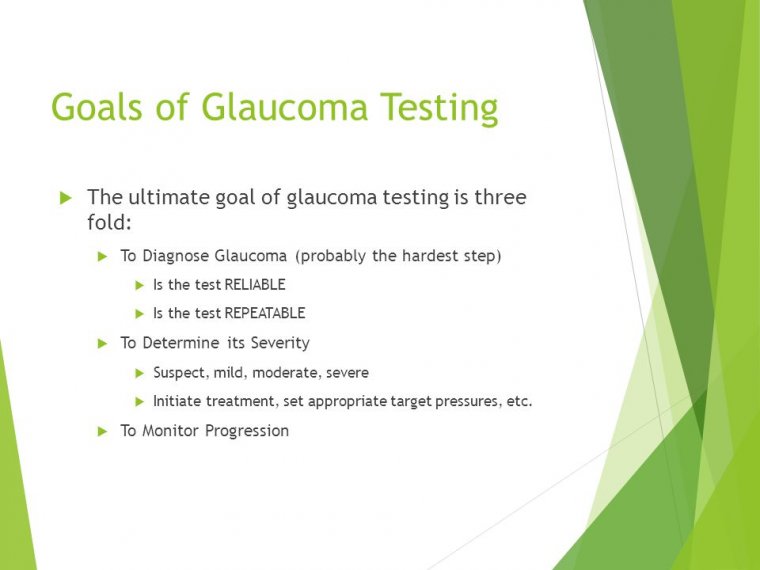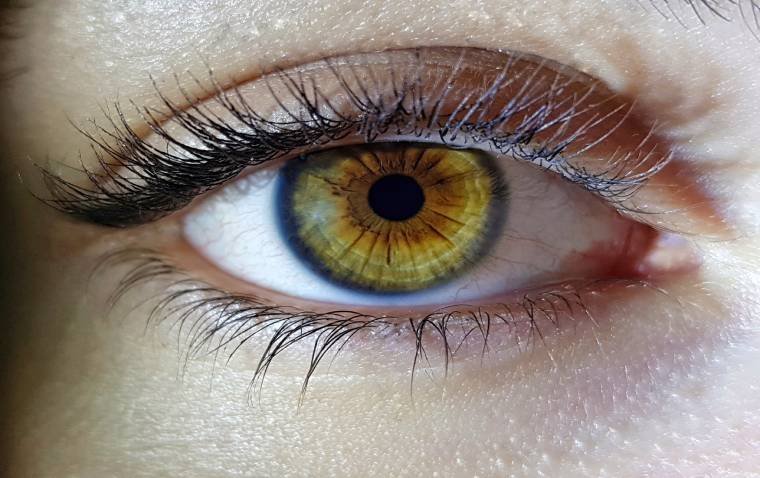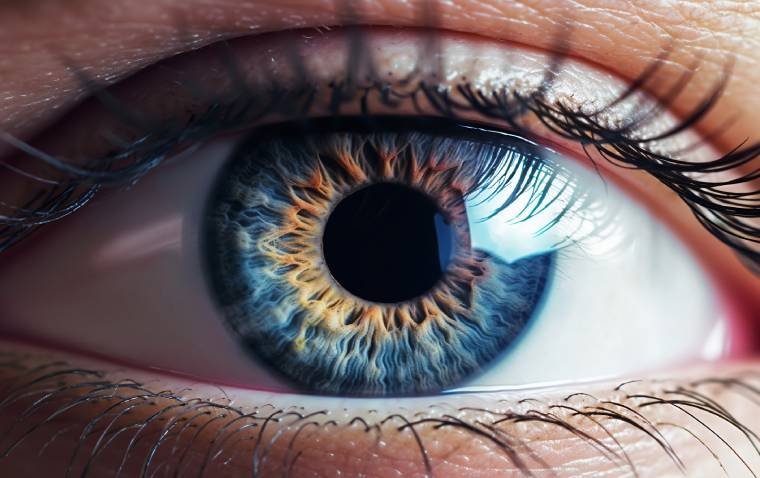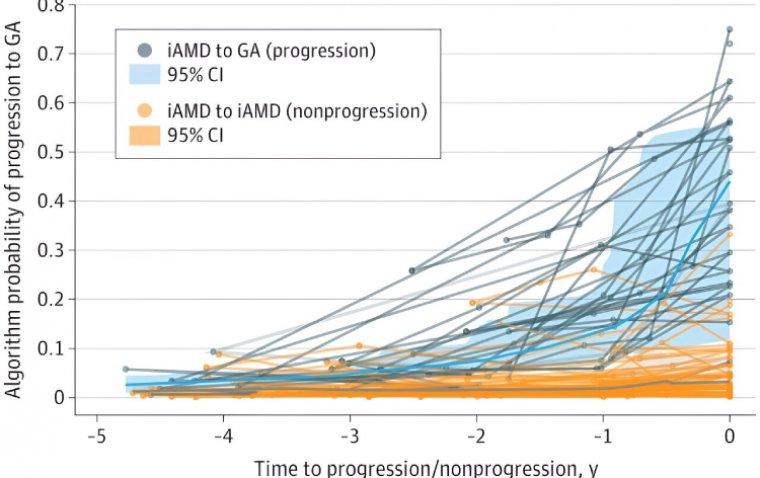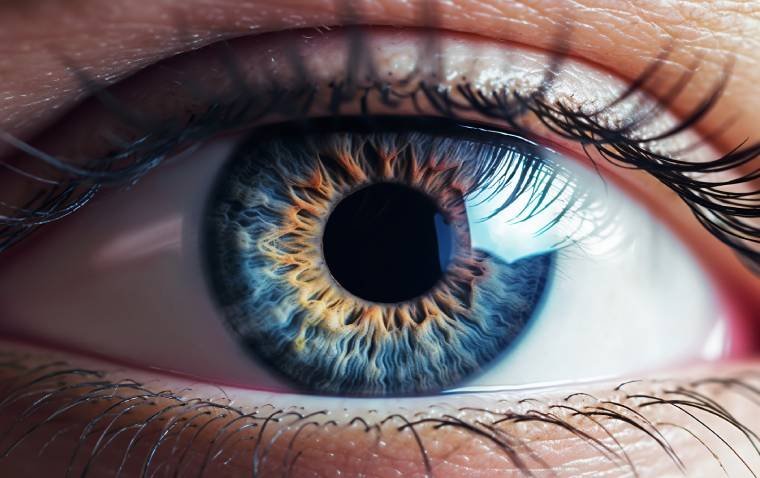
Nicotine's Potential in Myopia Control: Animal Research Findings
Researchers led by Dr. Kate Thomson from the University of Canberra have found that nicotine, when administered either as an intravitreal injection or topical eye drop, significantly inhibited the development of form-deprivation myopia (FDM) and lens-induced myopia (LIM) in chicks. The study observed that ocular health was largely unaffected, but higher doses of topical nicotine caused temporary cardiorespiratory output reduction.
Nicotine's inhibitory effects on myopia were significant (P < 0.05) but not dose-dependent. The researchers concluded, “Nicotine, administered as an intravitreal injection or topical eye drop, significantly inhibited the development of experimental myopia. Although the anti-myopic effects observed presently are interesting, the well-reported side effects and addictive properties of nicotine would preclude its clinical use.”
Research Methodology and Key Findings
The study involved 9 chicks treated with intravitreal injections and 6 chicks treated with topical nicotine. The researchers evaluated the pupillary reflex, intraocular pressure, corneal thickness, lens thickness, and retinal function after four weeks of topical treatment. While nicotine effectively inhibited both FDM and LIM, its addictive properties and side effects limit its practical application in clinical settings.
This research builds on earlier studies suggesting that nicotinic receptor stimulation may influence myopia control, offering potential for future treatments targeting these pathways without using nicotine itself.
Source: https://iovs.arvojournals.org/article.aspx?articleid=2800816
(1).jpg)
